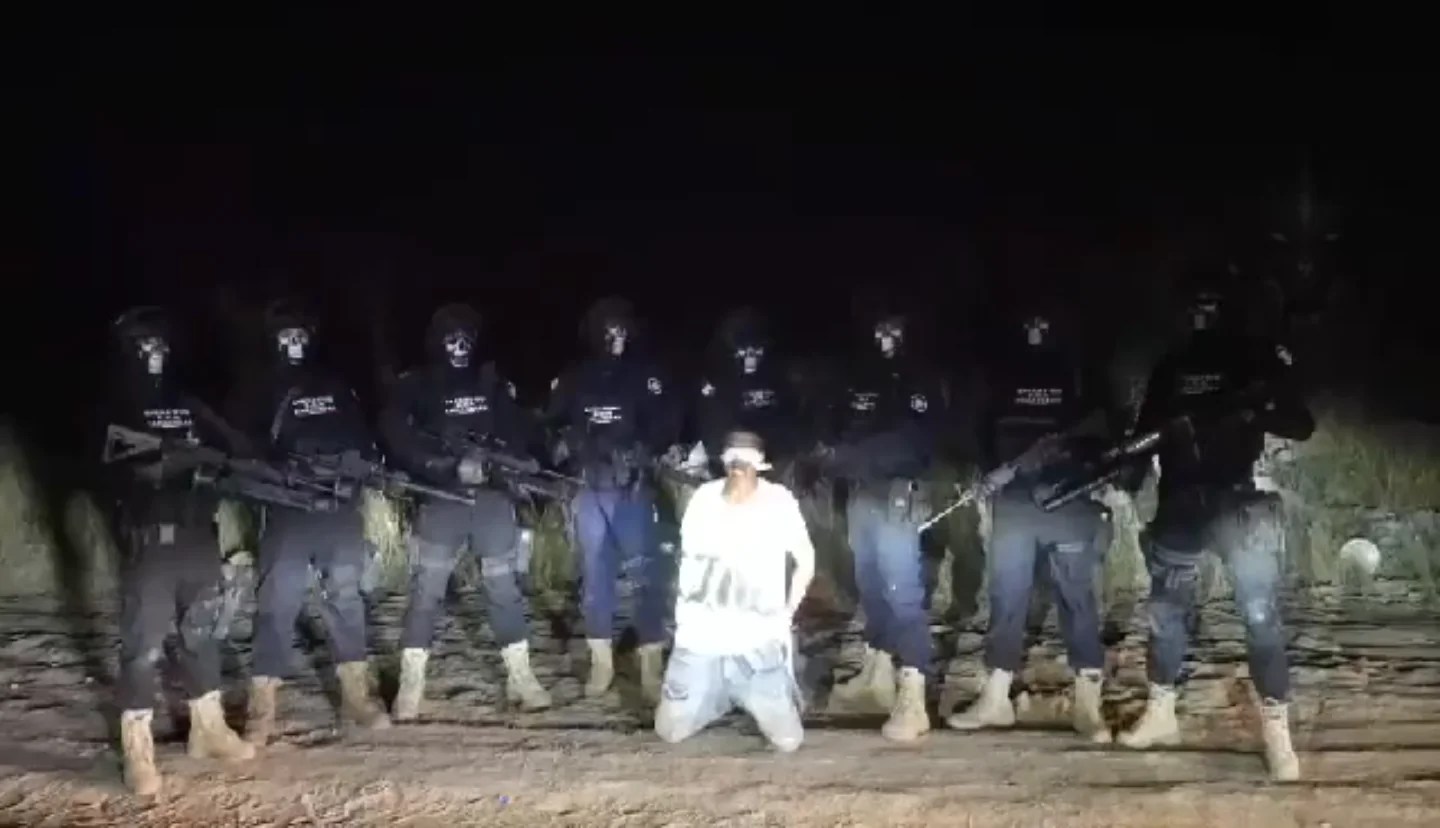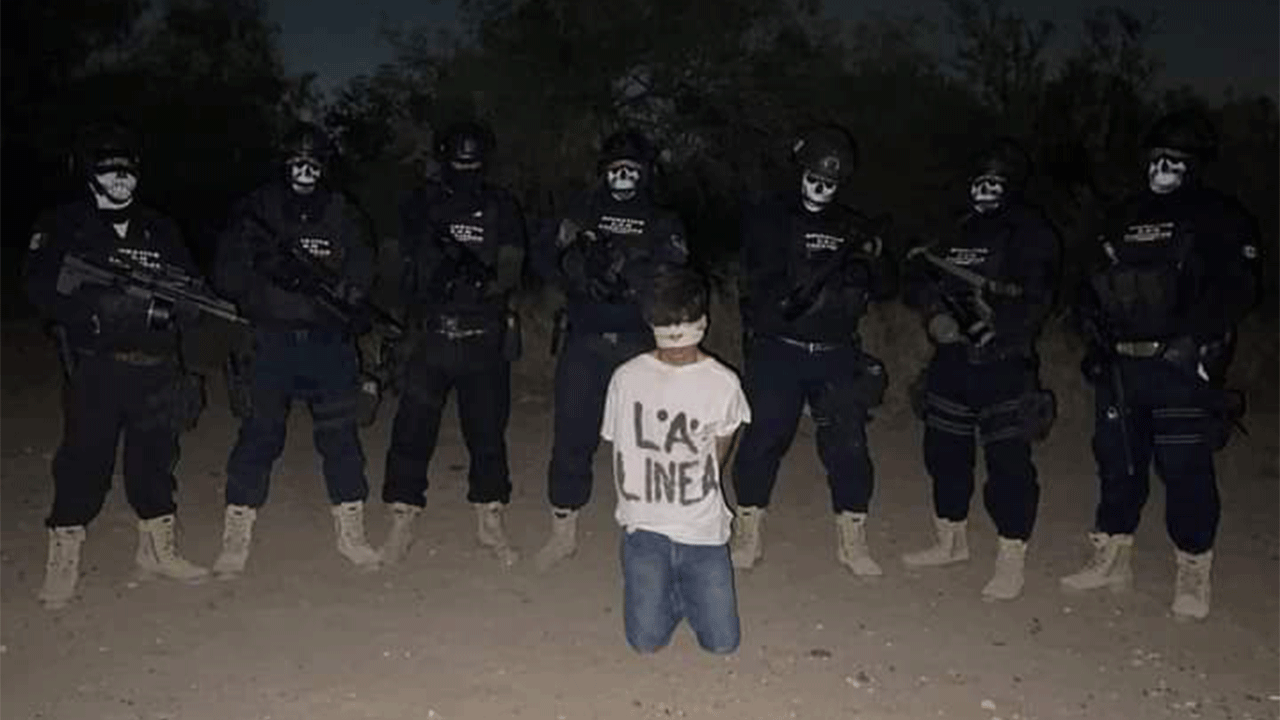The Dark History Of The Zacatecas Flaying
The Zacatecas Flaying is a grim historical event that has left an indelible mark on the cultural landscape of Mexico. Often regarded as a symbol of brutality, this practice has sparked curiosity and horror in equal measure. The flaying, a gruesome form of punishment, was not merely a means of execution but also served as a macabre display of power and control. It raises questions about the sociopolitical climate of the time and the psychological motivations behind such extreme acts.
The practice of flaying in Zacatecas, particularly during the colonial period, reflects a harsh reality faced by many indigenous communities. This historical event invites us to explore the depths of human cruelty and the societal structures that enable such actions. By delving into the motivations behind the Zacatecas Flaying, we can gain insight into the historical context that gave rise to such a brutal phenomenon.
In examining the Zacatecas Flaying, it is essential to recognize the broader implications of this practice. What does it reveal about the people involved, both the victims and the perpetrators? This article aims to investigate these questions and provide a comprehensive understanding of the legacy left by the Zacatecas Flaying.
What Was the Historical Context of the Zacatecas Flaying?
The Zacatecas Flaying occurred during a tumultuous period in Mexican history, characterized by conflict between colonial powers and indigenous populations. The Spanish conquest brought about a significant shift in the social and political dynamics of the region. The practice of flaying was often used as a means of instilling fear among the indigenous people, ensuring compliance and submission to colonial rule.
Who Were the Victims of the Zacatecas Flaying?
The victims of the Zacatecas Flaying were primarily indigenous individuals who resisted colonial authority. These acts were often public spectacles, intended to serve as a warning to others. The gruesome nature of the punishment highlighted the vulnerability of indigenous communities in the face of colonial oppression.
What Motivated the Perpetrators of the Zacatecas Flaying?
The motivations behind the Zacatecas Flaying can be attributed to a combination of political, social, and psychological factors. The perpetrators sought to demonstrate their dominance over the indigenous population, utilizing fear as a tool for control. Additionally, the act of flaying served as a means of asserting cultural superiority, reflecting the colonial mindset of the time.
How Did the Zacatecas Flaying Influence Cultural Narratives?
The Zacatecas Flaying has significantly impacted cultural narratives surrounding colonialism in Mexico. It has become emblematic of the brutality faced by indigenous communities and serves as a poignant reminder of the consequences of oppression. Literature, art, and folklore have all drawn upon the imagery of flaying to convey the horrors of colonial rule.
What Are the Modern Implications of the Zacatecas Flaying?
Today, the legacy of the Zacatecas Flaying continues to resonate within discussions about human rights and social justice. It serves as a cautionary tale about the potential for violence and cruelty inherent in power dynamics. Modern society must grapple with the historical injustices faced by indigenous populations and recognize the enduring impacts of colonialism.
How Can We Commemorate the Victims of the Zacatecas Flaying?
Commemorating the victims of the Zacatecas Flaying can take many forms. Education plays a crucial role in ensuring that such historical events are not forgotten. Efforts to recognize and honor the suffering of indigenous communities can help foster reconciliation and healing. This may involve:
- Creating memorials or monuments dedicated to the victims.
- Incorporating indigenous history and perspectives into educational curricula.
- Supporting indigenous-led initiatives aimed at cultural preservation.
What Lessons Can We Learn from the Zacatecas Flaying?
The Zacatecas Flaying offers valuable lessons about the nature of power, oppression, and resilience. It challenges us to confront uncomfortable truths about our history and to recognize the ongoing struggles faced by marginalized communities. By reflecting on the past, we can work towards a more equitable future that honors the dignity of all individuals.
Biography of Key Figures Associated with the Zacatecas Flaying
While specific individuals involved in the Zacatecas Flaying may not be widely documented, several prominent figures from the colonial era played a role in perpetuating these practices. Below is a table summarizing key figures associated with this dark chapter in history:
| Name | Role | Historical Significance |
|---|---|---|
| Hernán Cortés | Conquistador | Led the Spanish conquest of the Aztec Empire, setting a precedent for colonial brutality. |
| Viceroy Luis de Velasco | Colonial Administrator | Oversaw policies that often dehumanized indigenous populations. |
| Diego de Vargas | Colonial Governor | Implemented harsh measures against indigenous resistance, contributing to the culture of fear. |
Understanding the figures behind the Zacatecas Flaying allows us to contextualize the events and recognize the systemic forces at play. It is crucial to engage with this history critically and compassionately, acknowledging the pain inflicted and striving for a more just society.
In conclusion, the Zacatecas Flaying serves as a haunting reminder of the depths of human cruelty and the resilience of the human spirit. By exploring this dark chapter in history, we can better appreciate the struggles faced by indigenous communities and work towards a future that honors their legacy. The lessons learned from the Zacatecas Flaying are not just historical; they resonate in our contemporary world, urging us to confront injustice and advocate for the rights of all individuals.
Article Recommendations
- Fat Insults To Make Someone Cry
- Kim Nam Gil
- Jessica Tarlov First Husband
- Dr Yang Greys Anatomy
- Mariah Delpercio
- Liam Payne Fork
- Kelly Monaco
- Low Taper Fade
- Joaquin Phoenix Hair Lip
- Liam Payne Tattoos Meaning


